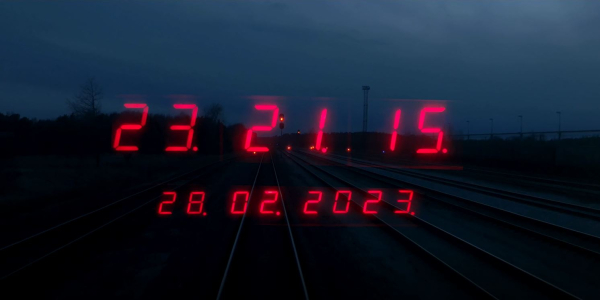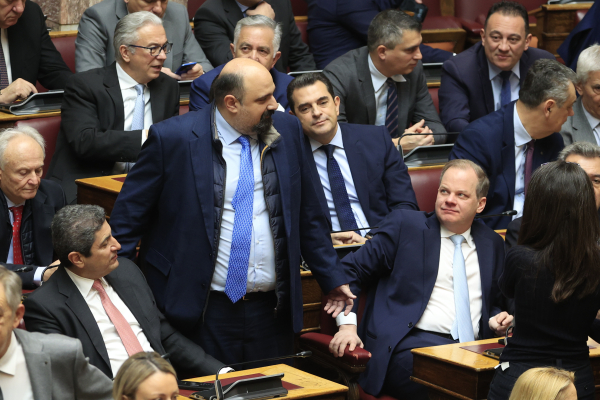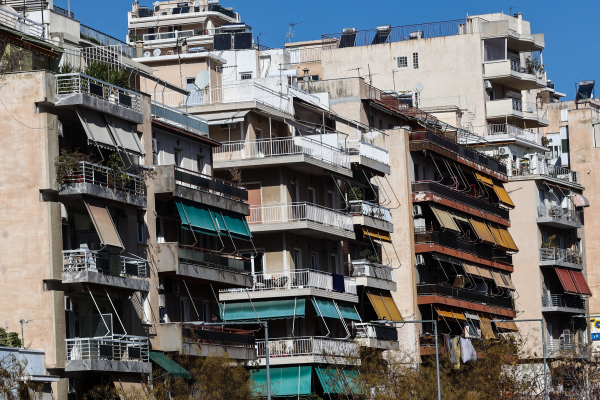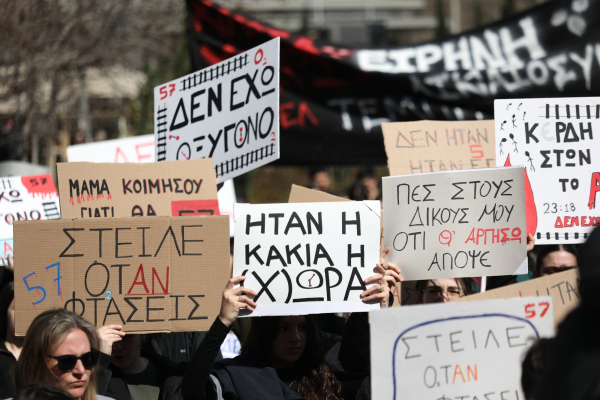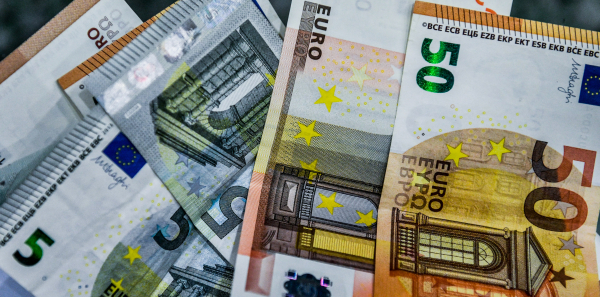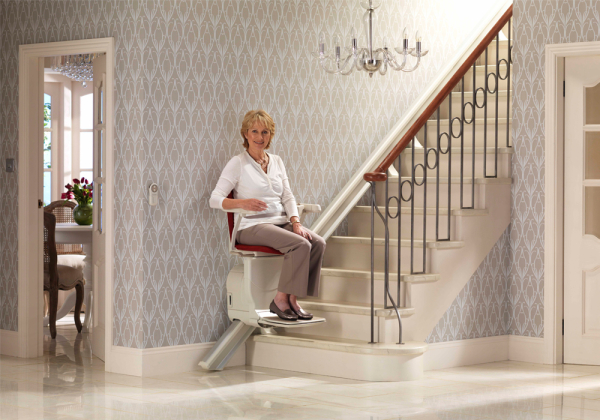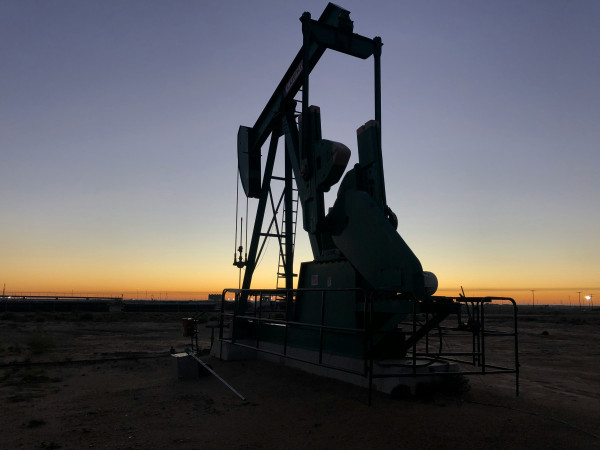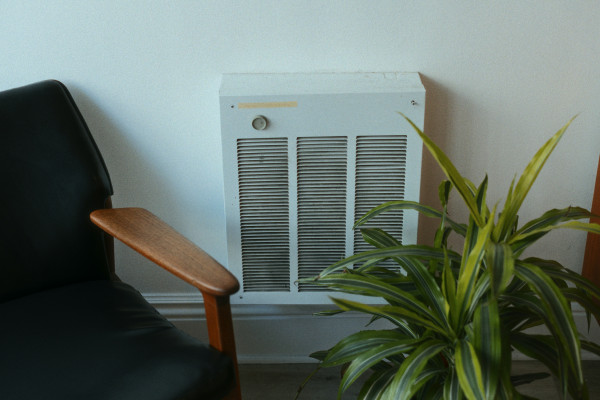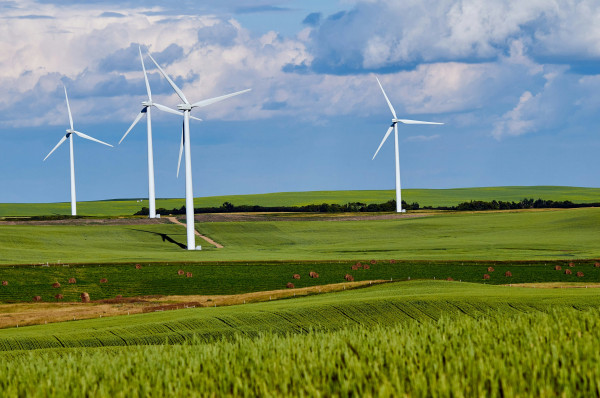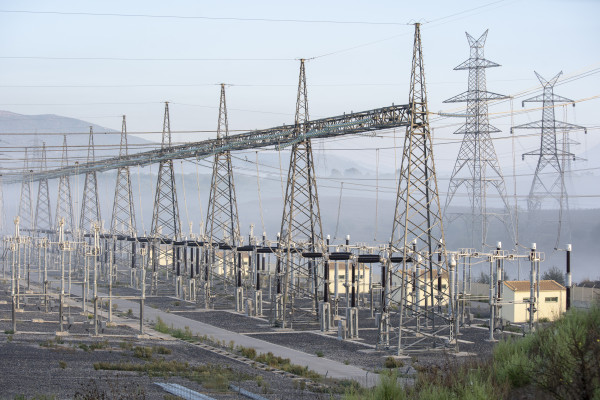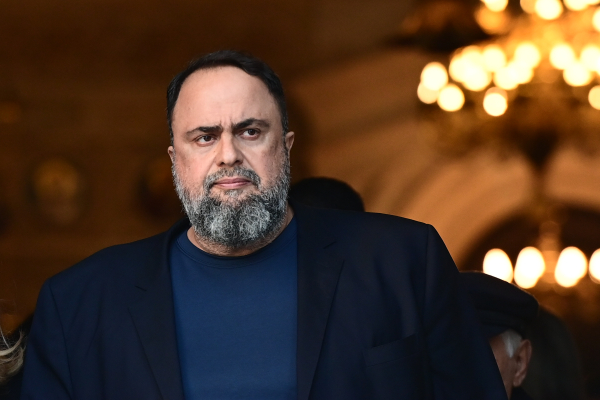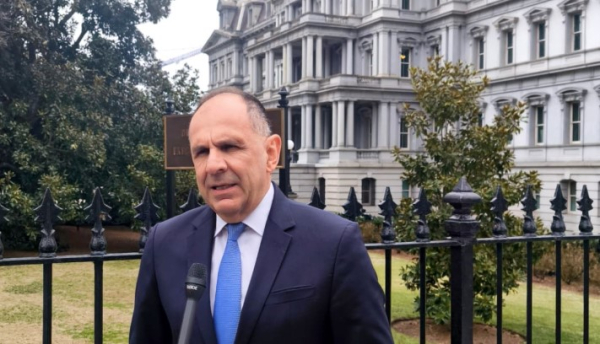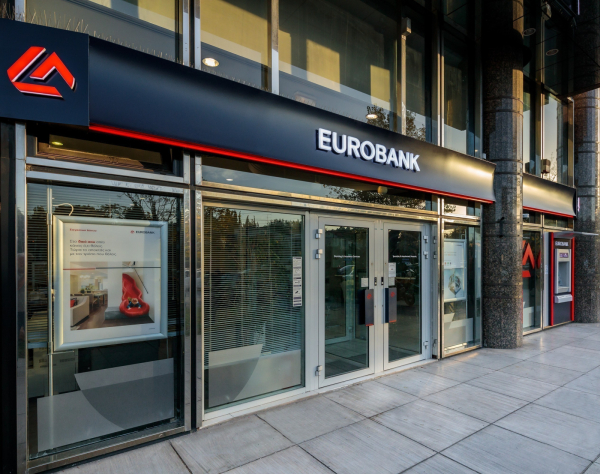The meeting gathered representatives from all parties involved, offering them the opportunity to informally present their positions and assess prospects for progress in the long-stalled negotiations.
Among the participants were Cyprus President Nikos Christodoulides, Turkish Cypriot leader Ersin Tatar, Greek Foreign Minister Giorgos Gerapetritis, Turkish Foreign Minister Hakan Fidan, and UK
Minister for Europe Stephen Doughty, each accompanied by an additional delegate. The discussions, while informal, provided a rare opportunity for direct engagement on one of Europe’s most enduring geopolitical disputes.
Following the dinner, President Christodoulides will brief Cyprus’s National Council, which met earlier in the day. Nearly all political party leaders who are members of the council traveled to Geneva, with the exception of the far-right ELAM party. Also present is former Cypriot President Nicos Anastasiades, underscoring the significance of these talks.
On Tuesday, March 18, the discussions will move into a more structured phase with plenary sessions, where representatives will have the chance to delve deeper into potential paths toward resolution. The European Union is officially represented by Julia Bertetollo, Head of the EU Support Unit for the Cyprus Settlement Process.
As the dinner commenced, European Council President António Costa issued a statement expressing the EU’s full support for the UN Secretary-General’s efforts to facilitate dialogue. Costa reaffirmed the
EU’s commitment to Cyprus’s reunification, advocating for a comprehensive settlement based on a bi-zonal, bi-communal federation—a model long backed by the United Nations and the international community.
The Geneva talks mark a renewed diplomatic push to break the decades-long impasse on the Cyprus issue, a conflict that has divided the island since 1974, following Turkey’s military intervention in response to a Greek-backed coup. While previous negotiation efforts have ended in deadlock, the UN and EU remain committed to reviving peace talks, with international observers closely watching the developments in Geneva.


